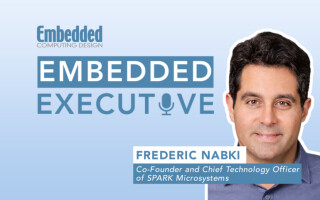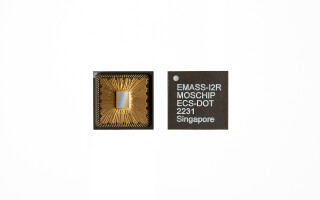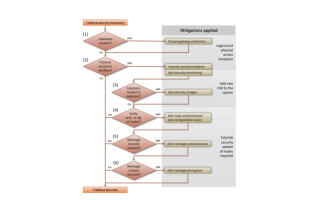Tesla's Latest Smart Move
February 08, 2019
Story

The argument could be made that the electric vehicle (EV) debate is one of the most personal, as cars have a huge role in society far beyond their ability to transport people and things.
It’s interesting to see the amount of passion involved in the transition from fossil-fueled vehicles to e-mobility. There has always been argument, even acrimony, between the defenders of legacy technology and the vanguard of the new way to do things. However, the argument could be made that the electric vehicle (EV) debate is one of the most personal, as cars have a huge role in society far beyond their ability to transport people and things.
This personification of the EV debate is why so many people target Tesla. Founded by Elon Musk, the company represents EV development in the eyes of the world, mainly because they were the first in this (probably) final wave of e-mobilization. The reason that this is probably the final wave is that every technology advance comes in waves, with several products coming to the market too soon (like the Newton).
This time, however, the core technologies are in place and the economic climate (no pun intended) is ripe for the transition. There is fossil-fuel dominance in the energy sector, but the flattened earth of technology mainstreaming means interested parties from tinkerers to governments can develop alternative solutions.
Although Tesla started this, the company no longer represents the future of the EV. There are far too many players now in the game for it to stop. That doesn’t mean that Tesla isn’t significant, or that they will cease to lead the industry. The latest move by the company recently underscored their intent to stay on top of the electromobility and energy management segment, especially in EVs.
Tesla’s acquisition of Maxwell in a $218M all-stock deal shows how Elon Musk is still playing chess, making canny moves that will secure Tesla’s future. Maxwell is known in the industry for their ultracapacitors, which are already being used in hybrid vehicle power systems. This allows Tesla to not only use existing Maxwell products, but incorporate the company’s IP into future battery storage systems. Maxwell’s solvent-free dry electrode technology, used in their ultracapacitors, can be migrated into Tesla’s battery production process.
This is also a good publicity move, demonstrating that Tesla isn’t resting on their laurels, with a strong intention to stay at the forefront of EV development when it comes to the energy storage infrastructure. The Maxwell buy will also help Musk’s residential and grid-level energy storage business, as they would benefit from the same injection of advanced battery and ultracapacitor technology.
The bottom line is that, although Tesla is not the EV industry, it is a significant part of it, and will probably maintain its lead into the foreseeable future. Moves like this Maxwell deal underscore that Elon Musk still means business when it comes to Tesla, and the company intends to continue to advance to stay ahead of the growing pack of companies following in his wake.




